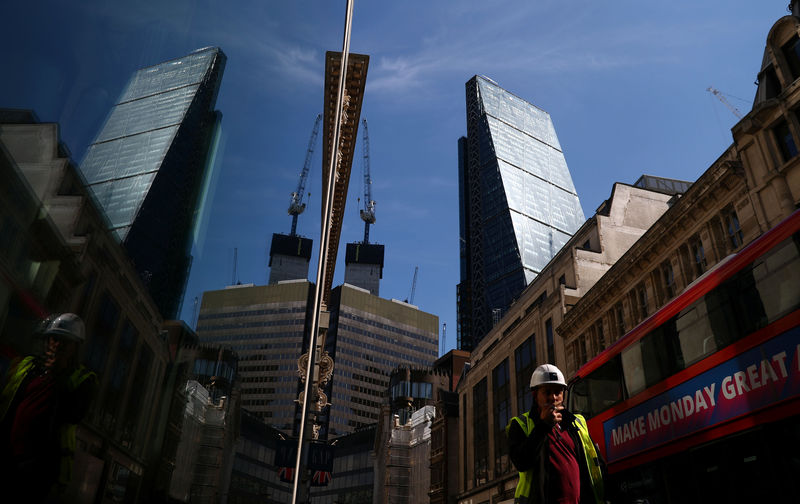PoundSterlingLIVE - Image © Adobe (NASDAQ:ADBE) Images
Lloyds (LON:LLOY) Bank says the UK is stuck in a low-growth mode, and the IEA says this is unlikely to change due to the government's business tax rises.
The ONS reported that the UK economy grew by 0.1% quarter-on-quarter in the third quarter, which was below expectations of 0.2% and well below the previous quarter's 0.5% expansion.
Rapid population growth means GDP per capita - i.e. the piece of the economic pie each person receives - fell 0.1% q/q, and is unchanged on the same period last year.
On this basis, the average Brit is no better off today than they were a year ago.
"This report reinforces the existing narrative that the UK economy is stuck in low growth mode. With inflation having bottomed out and tax cuts turning into tax increases the headwinds are gathering too," says Sam Hill, Head of Market Insights at Lloyds Bank.
Looking at the figures, Hill notes there was some noise in the expenditure components that flattered the net trade contribution and dragged on an element of gross capital formation but these partially netted off.
After a disappointing Q2 for private consumption growth, following some boost to real incomes from disinflation and tax cuts, there was a revival in Q3 as household spending advanced 0.5% q/q versus 0.2% q/q previously.
However, the outlook remains uncertain as UK businesses face significant tax rises.
The budget, announced in October, saw Chancellor Rachel Reeves significantly raise the tax the government charges businesses when paying salaries (the employer's national insurance contribution). The government also lowered the threshold that this tax is applied.
The minimum wage will also rise by an inflation-busting 6.7% in April 2025, in addition to the 9.8% rise announced in April 2024.
Employers say many roles will become unviable for businesses and risk increasing unemployment.
"Many firms put new orders and recruitment on hold, and the large increases in taxes and other business costs in the October Budget mean that things are likely to get worse before they get better," says Julian Jessop, Economics Fellow at the Institute of Economic Affairs.
Jessop says the government must pursue more supply-side reforms to boost productivity - especially in public services - and restart growth.
"Rachel Reeves’ Mansion House speech last night recognised some more of these challenges – notably the need to tackle the regulatory overreach in the financial sector. But the new Chancellor’s first Budget will cast a long shadow for some time to come," he adds.
An original version of this article can be viewed at Pound Sterling Live
